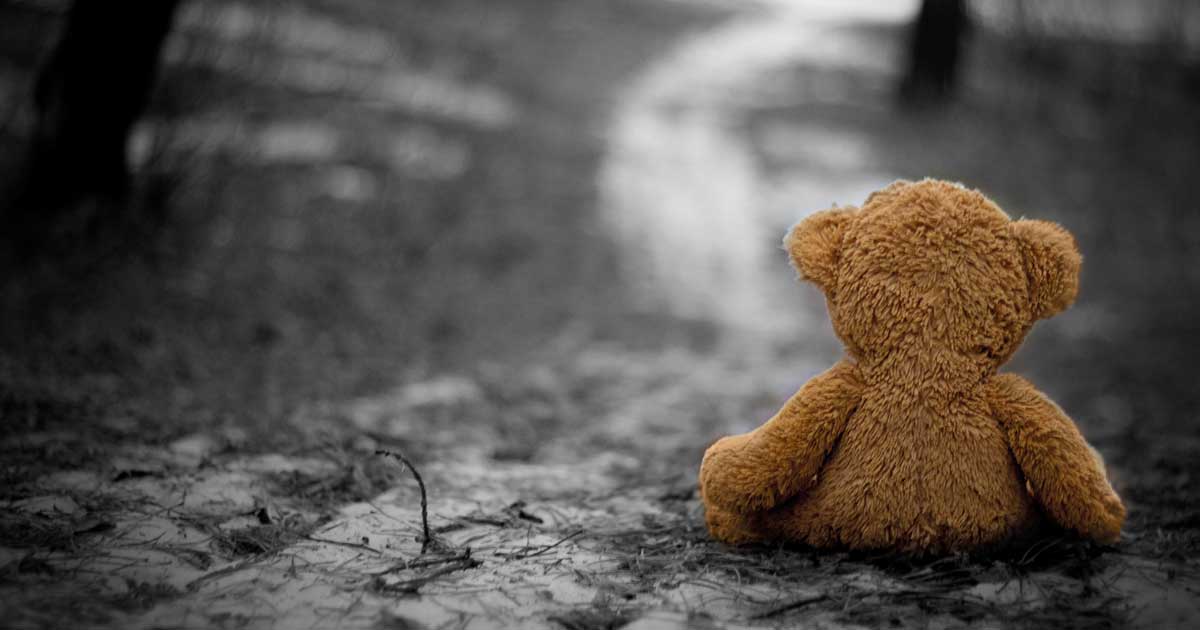Going through a divorce is not an easy thing for adults. For children, it is even more difficult. They experience a lot of emotional conflicts, confusion, and even anxiety during this period.
Hence, it is crucial that divorcing parents make an earnest effort to understand the child’s state of mind. Only when they understand the emotions that the child is feeling can they help the child transition into this new phase of life.
Children of divorcing parents react to the divorce differently depending on their developmental stage, their cognitive understanding, and their social lives.
A small child will definitely have a different reaction to divorce than a teenager. As a parent, you must give your child a lot of support, answer their queries, and most importantly, make them feel loved during a divorce.
Divorce does impact children, sometimes in ways that you may not have expected. During this difficult time, you must be emotionally available for the child and try and spot any potential warning signs.
A child of divorce may have any of the below reactions:
Angry or socially withdrawn
Divorce changes a child’s entire world, at least as they knew it. Emotions arising from the loss of control and feelings of abandonment can make them angry. Sometimes, children tend to be angry at themselves because they blame themselves for the divorce.
You may also notice your child being more anxious and avoiding social situations. They are going through a lot, and sometimes, a child does not comprehend all the emotions going through their head.
Hence, they may seem uninterested or even afraid of social situations, like attending school or spending time with friends.
You must explain to your child that the divorce is not their fault. Boost their confidence so that they can accept the divorce and better adapt to their social life.
Separation anxiety in younger kids
Very young kids may suffer from separation anxiety and may keep asking for the other parent. They may become more clingy or cry more often than they normally would. You may also witness an outburst of temper tantrums.
If you see these signs, understand your child is facing problems coping with the divorce. Try and maintain their usual schedule as much as possible. Continually reassure the child that everything is fine, to set your child’s fears and anxiety at bay.
Related Article: How to Explain Divorce to your Child
Poor grades in school-going kids
A divorce may trigger feelings of neglect, abandonment, and stress in children. If there is an increase in conflict between their parents, it may cause a lot of distraction for the child. The child begins to lose interest in academics, consequently faring poorly on their grades.
Loyalty conflict
One of the effects of divorce on a child is a loyalty conflict. Loyalty conflict is the feeling of being stuck in the middle when the child does not understand if they should side with one parent or the other.
Children love both their parents. It is very difficult for them to pick aside. Loyalty conflict is more common in older kids than younger ones. They may feel the overwhelming need to be fair to both parents. These feelings can often be very stressful and manifest physically in the form of headaches and stomach aches.
Depression
Getting a divorce may often cause feelings of sadness and depression in your child. Some kids may also be at a higher risk of developing clinical depression. If you see warning signs of depression in your child, you must immediately consult a mental health professional.
Both parents must assure the child that nothing changes for the child. You will continue to love and support the child after the divorce and forever in your life.
A good divorce lawyer is extremely essential if you have children. Going through a divorce is tough on children, and you must be emotionally available to your kids during this time. A good Singapore divorce lawyer can handle all the necessary procedures of divorce while you devote your time to your children. Your divorce lawyer will also provide you with referrals to a good counsellor or therapist or child psychologist.












